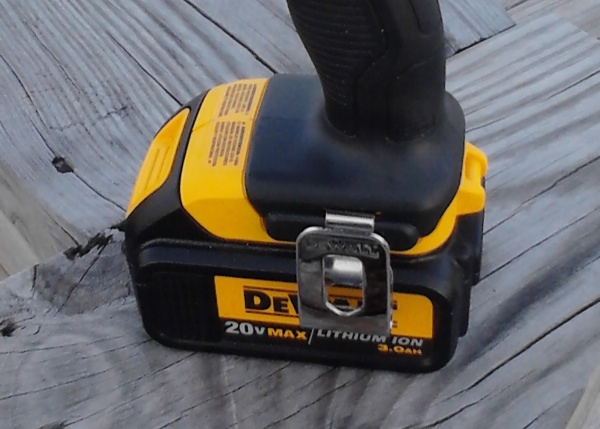Metal mesh has emerged as a versatile material offering myriad applications across diverse industries. In the realm of geocomposites, its unique properties present innovative solutions for infrastructure, construction, and environmental projects. This article explores the utilization, benefits, and key considerations of integrating metal mesh into geocomposites.

What are the primary applications of metal mesh in geocomposites?
Metal mesh finds extensive use in geocomposite applications such as soil stabilization, erosion control, slope reinforcement, and retaining wall construction. Its strength, durability, and flexibility make it an ideal choice for reinforcing soil structures and preventing erosion across various environmental conditions.
How does metal mesh enhance the performance of geocomposites?
Metal mesh serves as a reinforcement element within geocomposites, providing structural stability and strength to the composite material. It facilitates even distribution of loads, thereby reducing the risk of soil movement and erosion. Moreover, the customizable nature of metal mesh enables tailored solutions to meet specific project requirements and soil conditions.
What are the advantages of using metal mesh in geocomposites compared to traditional materials?
Unlike traditional materials such as timber or concrete, metal mesh offers several advantages in geocomposite applications. It is lightweight, easy to transport, and quick to install, thereby minimizing construction time and costs. Additionally, metal mesh is corrosion-resistant and boasts a longer lifespan, ensuring durability and resilience in challenging environmental conditions.
What factors should be considered when incorporating metal mesh into geocomposites?
When incorporating metal mesh into geocomposites, factors such as mesh size, wire diameter, and coating type should be carefully evaluated to ensure optimal performance and compatibility with project requirements. Moreover, site-specific conditions including soil composition, slope gradient, and environmental factors must be taken into account during design and installation to achieve effective erosion control and soil stabilization.
Metal mesh offers a plethora of benefits in geocomposite applications, ranging from soil stabilization to erosion control and slope reinforcement. Its versatility, durability, and customizable properties make it an indispensable component in modern infrastructure and environmental projects. By understanding the advantages and considerations associated with integrating metal mesh into geocomposites, engineers and project managers can leverage its capabilities to enhance project performance and longevity while minimizing environmental impact.